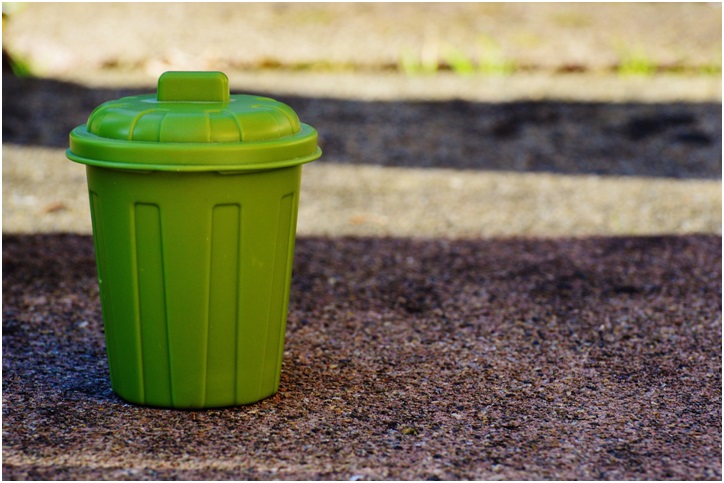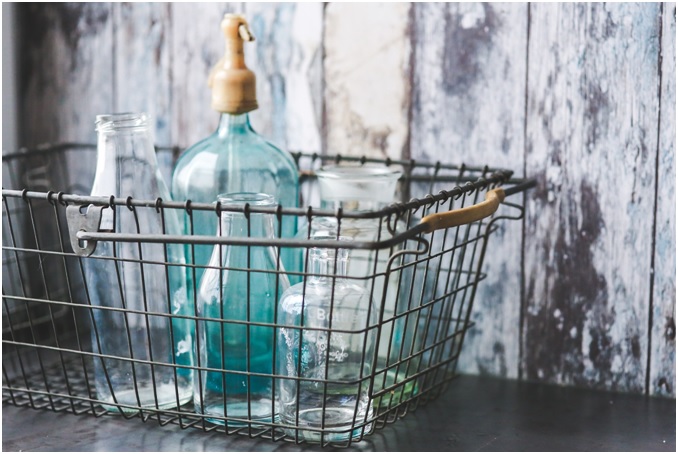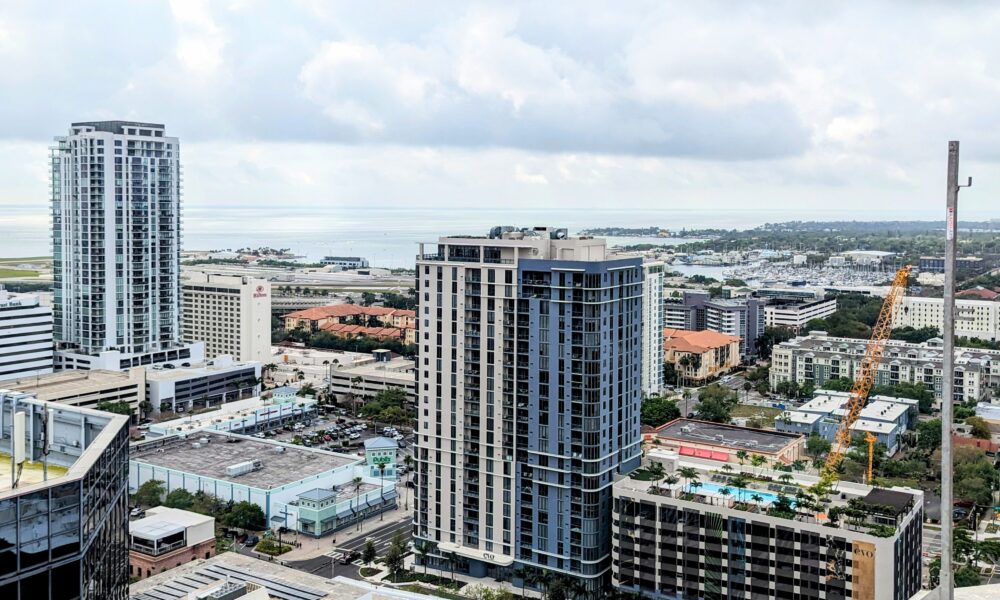South Korean Housing: Introduction to Waste Sorting

When living in places for rent in Seoul, South Korea has a garbage sorting and cleaning system that was implemented in 1995. Its purpose is to reduce the amount of garbage being thrown in public places by metering and charging to ensure the proper classification of recyclable garbage to the greatest extent. Garbage is sorted out and cleaned up according to general garbage, food waste, recyclable garbage, and large-scale waste products. If you do not use special garbage bags or dispose of garbage according to garbage classification, you might be fined a surprising amount. So, how do we classify it?
- Recyclable Waste
Recyclables mainly include paper, bottles (pop cans, glass bottles), PET polystyrene, and plastic bags.
- Paper: Paper trash should be bundled securely and compressed. If there are any small foreign objects, take them out and put it in a general garbage bag. Flyers mixed with plastic coating or notebooks with springs cannot be recycled. If it is a carton, please expand it and compress it as much as possible to minimize the volume of your trash.
- Bottles: Beverage and condiment bottles, shampoo and other detergent containers, and other bottles. When discarding, pour out the contents, rinse the bottles with water and compress, and remove the air and foreign objects such as plastic covers. Gas bottles and pesticide bottles should be opened first, empty contents, and then put in a general trash bag before discarding.

- Polyethylene(PET) and polystyrene: completely remove foreign objects and attached labels before discarding them. If there are a lot of foreign objects or other labels and stickers, they should be put in a general trash bag before discarding.
- Plastic bags: food packaging bags such as ramen noodles, snacks, and disposable plastic bags. Remove the attached food residues before throwing them away. If dirt is attached, it is classified as general garbage.
- General Trash
General trash should be put into general rubbish bags and then discarded at the designated place. General garbage bags (5L-100L capacity) can be bought in convenience stores and supermarkets, but they are generally not sold on the shelves. You can ask the staff to get you these garbage bags so you could buy them. Some supermarkets provide garbage bags as shopping bags, so you can choose to buy general shopping bags or use general garbage bags when checking out in supermarkets.
Tips:
-Garbage sorting in each district is a commitment, and the colors of garbage bags in different Seoul apartments for rent long term are also different from each other. For example, garbage bags in Gwanak District can only be used in Gwanak District, and cannot be used in other districts such as Seodaemun. So, try to avoid buying in certain areas to prevent using the wrong garbage bags in your district.
-Garbage bags are usually sold in packs, usually having 10 bags per pack. You can’t buy an individual bag.
-If you are living alone, it is not recommended to buy a garbage bag with a large capacity, because the collection of your garbage might give off an unpleasant smell.
- Food Waste
Food waste includes leftovers, vegetable roots, vegetables, leaves, and fruits. Food waste should be placed in a food waste bag for disposal, and the moisture in the food should be removed.
Food garbage bags generally have several capacities ranging from 1L to 10L. The colors of garbage bags are different in other regions, like Seoul luxury apartments, and the methods of purchasing and using them are the same as those of general garbage bags. There are separate disposal points for food waste. There are also special containers for food waste on the first floor of some residential buildings.
Tips:
-Food waste bags can be placed in the freezer compartment of the refrigerator, which will neither smell nor attract bugs.
-Having a food waste container does not mean that you can throw it directly into the food waste. You still need to put the food waste in the garbage bag and then into the special container to keep it contained.
-If you dump food waste into the toilet, it may cause the sewer to be blocked, which will not only cause complaints from the landlord but you will also be required to pay for repairs. So please be sure to use the special food waste bags to dispose of food waste and put it in the designated place.
– Cattle, pork, and chicken bones, fish, crustaceans, eggshells, herbal residue, tea leaves seed, walnut shell, chestnut shells, peanut shells, peach, apricot and persimmon, paprika, onion shells, and garlic husks are easy to be confused with food waste, these are all considered as general waste.
- Large waste, etc.
Large wastes such as damaged furniture, home appliances, suitcases, etc. You’ll need to declare it to the office or the residential center to claim special stickers for large waste. Then, put the sticker on the waste, and place the waste in front of the building or on the side of the road within the specified time for garbage collection.
Depending on the size of the waste, a cost of 2,000-15,000 won will be incurred, and the homeowner can pay the treatment fee to request it instead. (If you are still not sure, you can also consult our ZIPTOSS Customer service)
Also, you can also contact a nearby large-scale waste recycling company and directly hand it over to the company for disposal.
- Fluorescent lights and dry batteries.
Throw them separately into the garbage separation bins set up near the residence, or there are corresponding collection bins in residential centers, nursing homes, or supermarkets in the community, but keep them in a state where they can be handled or not broken.
- Medical supplies
Take the contaminated or dangerous medical supplies to a nearby pharmacy and ask the staff to help you discard them properly.




